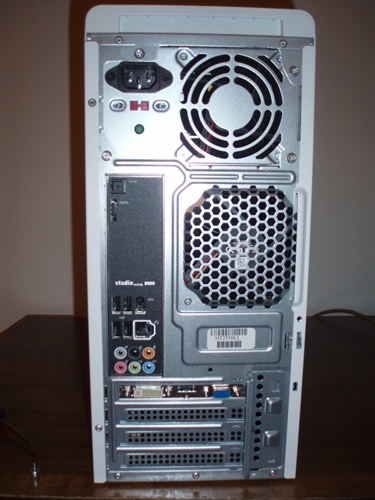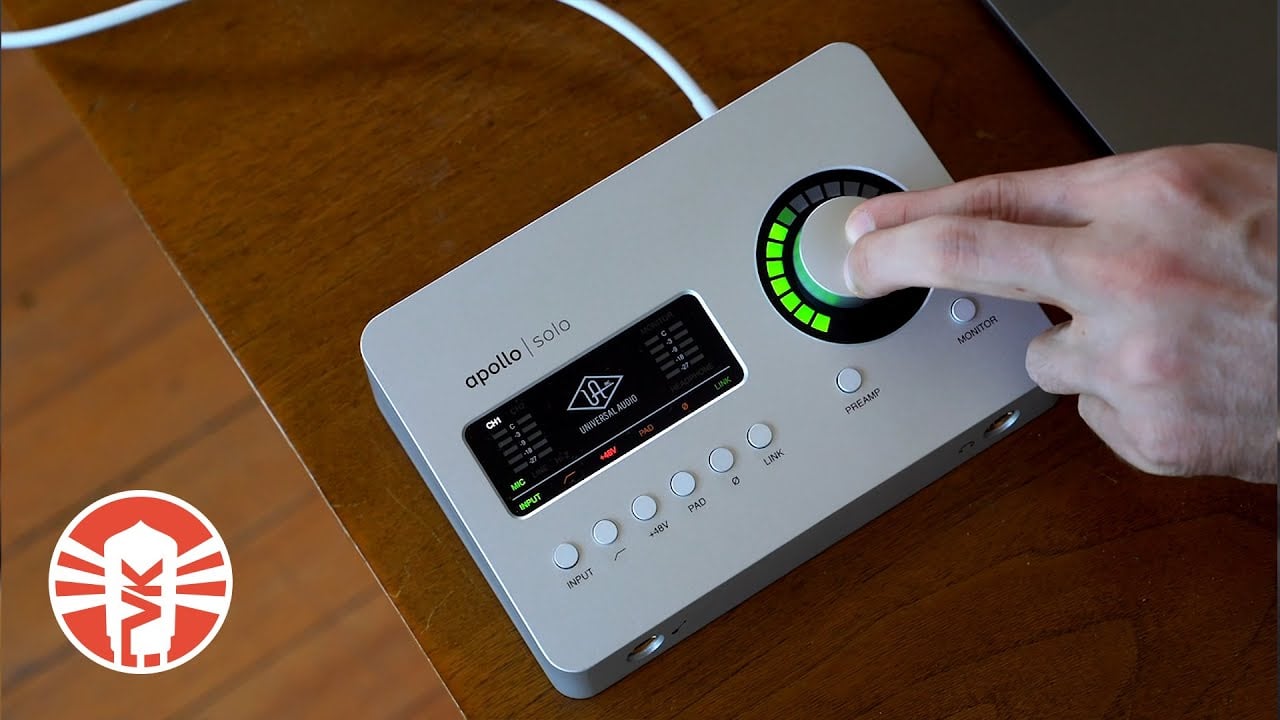Table of Content
In my opinion, Dell work systems are way easier to repair, and I'm not talking about RAM or a HD. We buy almost exclusively Latitudes, Optiplexs and Precisions based on needed use. The couple of times I bought XPS computers because they had a feature that wasn't available in the true business lines at the time, they never lasted as long or held up as well. We run our laptops 3-4 years and desktops 5 years for daily use. And then we move them out of daily use into special projects with light usage and hold on to them for a few more years. Optiplex and Latitude are built for long lifecycles, where Dell has commitments to have replacement parts available for at least 5 years after sale of the last device, with predictable lifecycles.

It feels like you usually end up beta testing the next model that has all the issues the previous model had. The sad truth is, HP, Dell, Lenovo, and other OEM's all get their internal hardware made from the same few companies. So it really comes down to where you want to end up getting support from. I personally have had much better Support with Dell Business myself. There is no difference to the business version - it's just warranty and software side. Ask Any Difference is made to provide differences and comparisons of terms, products and services.
Dell XPS vs Inspiron: What’s the difference?
But you’re also not paying for high-end features you’re unlikely to use, if all you want is a competent web-browsing, office-software-running machine. Dell’s two most popular laptop lines are the Inspiron and the XPS, and given the range of prices and configurations, it can often be difficult to determine the model you want. Dell XPS stands for “eXtreme Performance Systems” and was designed as Dell’s answer to the demand for high-end consumer computers.

If you’re a business user, especially if you work in a larger organization and need the most business-friendly features, then you’ll be happiest with a Latitude. Everyone else, though, will love an XPS for its great looks, excellent performance, and superior display options. You’re also more likely to be limited to Full HD displays in the Latitude line, even in the 15.6-inch models. Touch-enabled displays are optional in both XPS and various Latitude laptops.
Dell XPS laptops
For example, the Optiplex 745's were impossible to kill, while the 755's I had constant problems. The E6420 was one of the best and longest laptops I have worked with, while the E6400 was mostly problematic. What I noticed is the ones with a ton of BIOS updates that tend to go above the A30's seems to have the most problems. With that said, I think I have had more problems with their Home line than their business line. They use cheap plastic shells, they have all these unnecessary buttons that need you to install crappy software to get to work.

Dell Home laptops are mainly designed for consumers who want to use them for personal work. These laptops are usually low on storage, lightweight, small and cost lesser than business laptops. Though home laptops are often used for business purposes and business laptops for personal work, there are many differences between these two categories that any consumer should be aware of before opting for any of them. There’s a wide range of keyboards available on Dell XPS and Latitude laptops, and some are better than others. Touchpads are the same way, although the XPS 15 and 17 have the best touchpads you’ll find not only on Dell laptops but among all Windows 10 laptops, period.
Dell XPS vs. Alienware: What is the History?
It's better than Inspiron, but not in the the same class as the Latitude, Optiplex and Precision lines. I don't bother with the Vostro line as I have never heard anything good about them. Totally agree that the purchaser should not be the tester for the hardware. I would expect the manufacturing factory to at least do some running in checks before packaging it up. It maybe that Dell do some customisation before final delivery where they should pick up issues. Any occurrences beyond the rare anomaly indicates a lack of quality control procedures or missing them out.

The For Home products tend to have more features to choose from. It is considerably better to get the pro support from everything I've read, but I've never used the "consumer" support. ProSupport has almost no wait time, is 24/7, and US based. I look after the overall design, look and feel, and user experience of the website. I’ve put so much effort writing this blog post to provide value to you. It’ll be very helpful for me, if you consider sharing it on social media or with your friends/family.
Dell XPS vs Inspiron
That’s a feature aimed directly at business users, who are likely to spend time on the road and thus demand long battery life. The XPS range is clearly Dell’s performance line, at least when compared to the Latitudes. Both brands are all-in on Intel’s 11th-gen CPUs, but outside of the Latitude 5521, all of Dell’s business-class laptops are built around Intel U-series processors. While the XPS 13 and XPS 13 2-in-1 use U-series CPUs exclusively, the XPS 15 and 17 offer H-series processors.
You can configure discrete graphics in various Latitude machines, but you’re limited to low-end GPUs like the Nvidia GeForce MX450. While there’s some overlap between these lines, significant differences exist that need to be considered. Here, we’ll provide an overview of the XPS and Latitude lineups to help discerning buyers make the right investment. Today, we have millions of users a month from around the world, and assess more than 1,000 products a year. New Dell XPS 13 PlusDell Inspiron laptops can generally do all of the same tasks as an XPS laptop, but it just won’t be as flashy.
Its top-of-the-line models have just received a refresh, with brand-new Intel processors available just in time for the holiday shopping season. The main difference between Dell Business and Home laptops is that Business laptops are solely made for business purposes, whereas home laptops are designed for personal usage. The Dell Business laptops offer a longer warranty than the Dell Home laptops, and the service options also differ for both of them. Most Dell XPS systems are designed with powerful processors, lots of RAM, and long battery life.

Dell is one such company that has earned a good reputation in the laptop business market. Thus, Dell Business and Home laptops offer outstanding performance, design, reliability and durability, which is what any consumer is looking for. Let’s break down all of the differences between Dell XPS and Alienware and figure out which one is best for your situation. We’ll go over the most popular models from each brand and discuss what makes each one special. By the end of this article, you’ll have everything you need to choose the best computer for your needs. If you’re a creator who wants the best possible display for photo or video editing, then the XPS line will offer you just that.
If you are using your computer for business, the Dell XPS is better, thanks to a more portable design. Although XPS and Alienware are now both made by Dell, Alienware maintains some independence when it comes to designing and building systems. Today, Dell XPS and Alienware remain some of the most popular names in the PC industry. Dell XPS is designed with business and portability in mind. Dell has been in business since 1984 and is known for high-quality computers. The XPS 13 starts at $1,019 for a Core i3-1115G4, 8GB of RAM, 256GB SSD, and a 13.3-inch Full HD+ display, making it the least expensive XPS you can buy.







